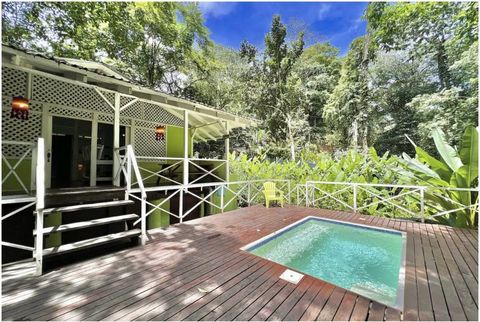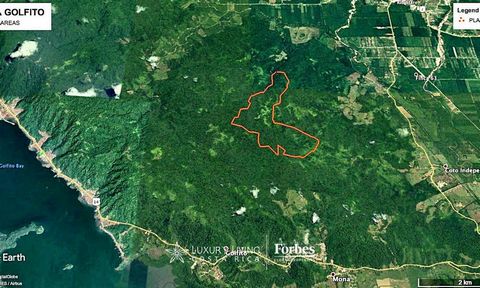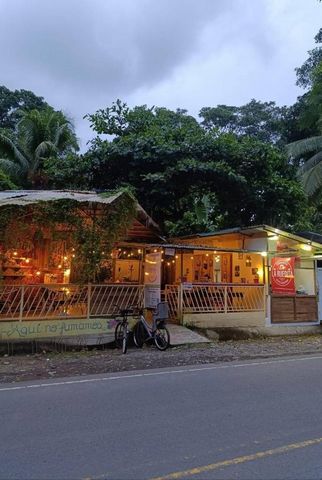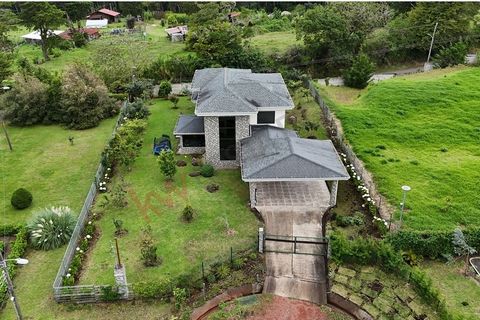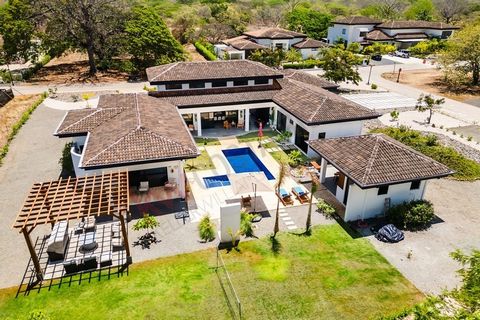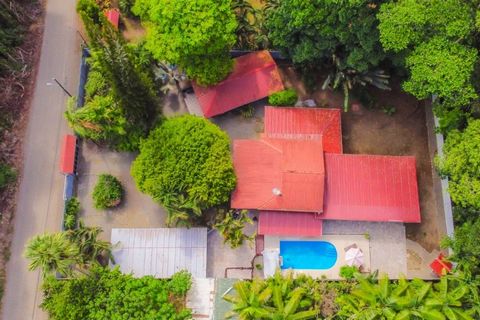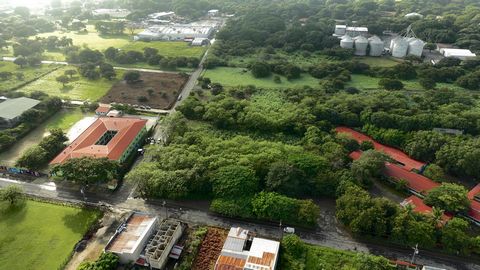The Mountain covers an area of 243 hectares with a humid tropical climate, located in Golfito, in the Southern Zone of Costa Rica. This land is ideal for the development of programs for the conservation of wildlife flora and fauna, for research of species, and as an excellent place for nature lovers who value environmental protection. The Mountain is composed of primary humid tropical forest transitioning to pre-montane, with an average annual rainfall of 2,700 mm, an average temperature of 27ºC, three dry months, and nine hours of sunlight per day. It is uninhabited and is 100% dedicated to the conservation and preservation of wildlife flora and fauna. The mountain has several natural water sources. This Mountain of Wildlife contributes to the preservation of the future of humanity by bordering thousands of hectares of national parks and biological reserves. On this mountain, one can directly contribute to the conservation of the ecosystem and take pride in protecting a Lung of Humanity, a unique and beautiful mountain that is home to thousands of wild plants and animals. Owning this property also means becoming part of the community of environmentalists who share a global passion for nature conservation. The Mountain is a sanctuary for wildlife, free from human threats, and is part of the region of Costa Rica that hosts 5% of the world's biodiversity. While many countries face environmental challenges due to climate change, industrial advancements, and overpopulation, among other factors, this mountain helps increase the benefits of conservation and natural resource preservation, thus aiding in environmental detoxification. Costa Rica is known for promoting activities that fight climate change through conservation efforts, and The Mountain is no exception. Within The Mountain, there is no promotion of logging or deforestation, thus maintaining the forest density and its impact on reducing greenhouse gas emissions. This contributes to the fight against climate change by reducing carbon dioxide (CO2) through its 243 hectares. Being carbon-neutral, the mountain encourages the adoption of more efficient and sustainable practices, helping to offset the carbon footprint. The property is adjacent to a protected National Park covering thousands of hectares with great biodiversity in flora and fauna. Access to The Mountain is via trails, requiring a walk of more than 60 minutes, with no vehicle or motorized access. The Mountain has been free from human agricultural or livestock activities for over 20 years and boasts abundant primary water sources, such as waterfalls and natural springs. Costa Rica has advanced legislation for the protection of nature. There are national and international conservation organizations with which joint research can be conducted without altering or interfering with The Mountain's habitat. The planet needs to protect and conserve every available meter of natural land for wildlife. At The Mountain, alongside the environmentalist community, ideas and research projects can be integrated to implement wildlife conservation programs. SOCIO-POLITICAL ENVIRONMENT Biodiversity: Costa Rica contains more than 5% of the world's biodiversity within an area that represents only 0.03% of the planet's land surface. This is due to the wide variety of ecosystems found in the country, ranging from humid rainforests to dry savannas, and from tropical beaches to mountains and volcanic ranges. Tourism: Costa Rica is a very popular tourist destination due to its natural beauty and the wide range of activities available, such as bird watching, rafting, diving, and hiking through mountains and volcanoes. Conservation Policy: Costa Rica is internationally known for its commitment to environmental conservation and its efforts to protect and preserve biodiversity. For example, Costa Rica has established a significant number of protected areas and has implemented policies and laws to promote sustainability and protect the environment. Additionally, Costa Rica has achieved a major reduction in greenhouse gas emissions and has set ambitious goals to become a carbon-neutral country in the future. Education: Costa Rica has a very low illiteracy rate and a high-quality education system, which has contributed to a high level of literacy and the development of a highly skilled workforce. Quality of Life: Costa Rica is known for having a high quality of life, with a relatively high life expectancy and a low poverty rate. Additionally, the country is recognized for its policy of gender equality and for having a very friendly and welcoming culture. Health: In Costa Rica, the life expectancy at birth is 81 years, which is the same as the OECD average of 81 years. The life expectancy for women is 83 years, compared to 78 years for men.
